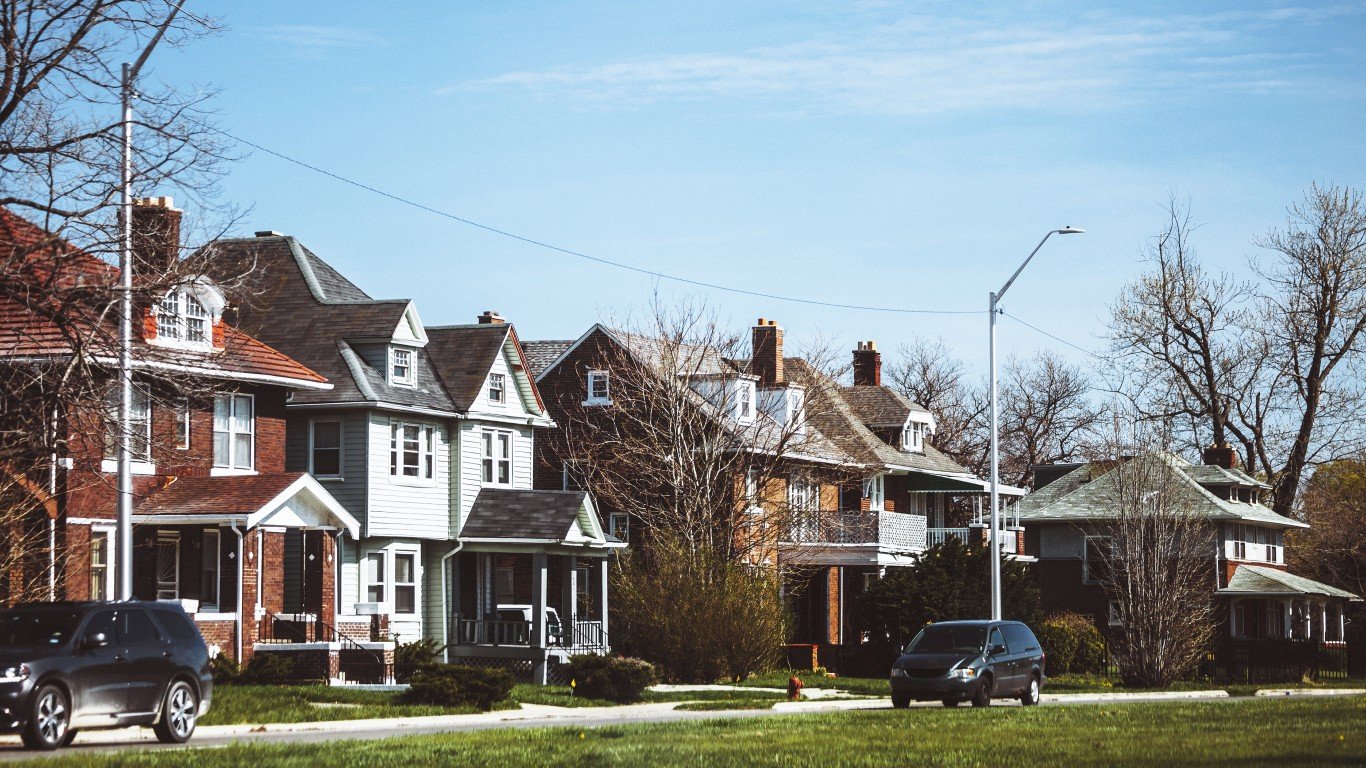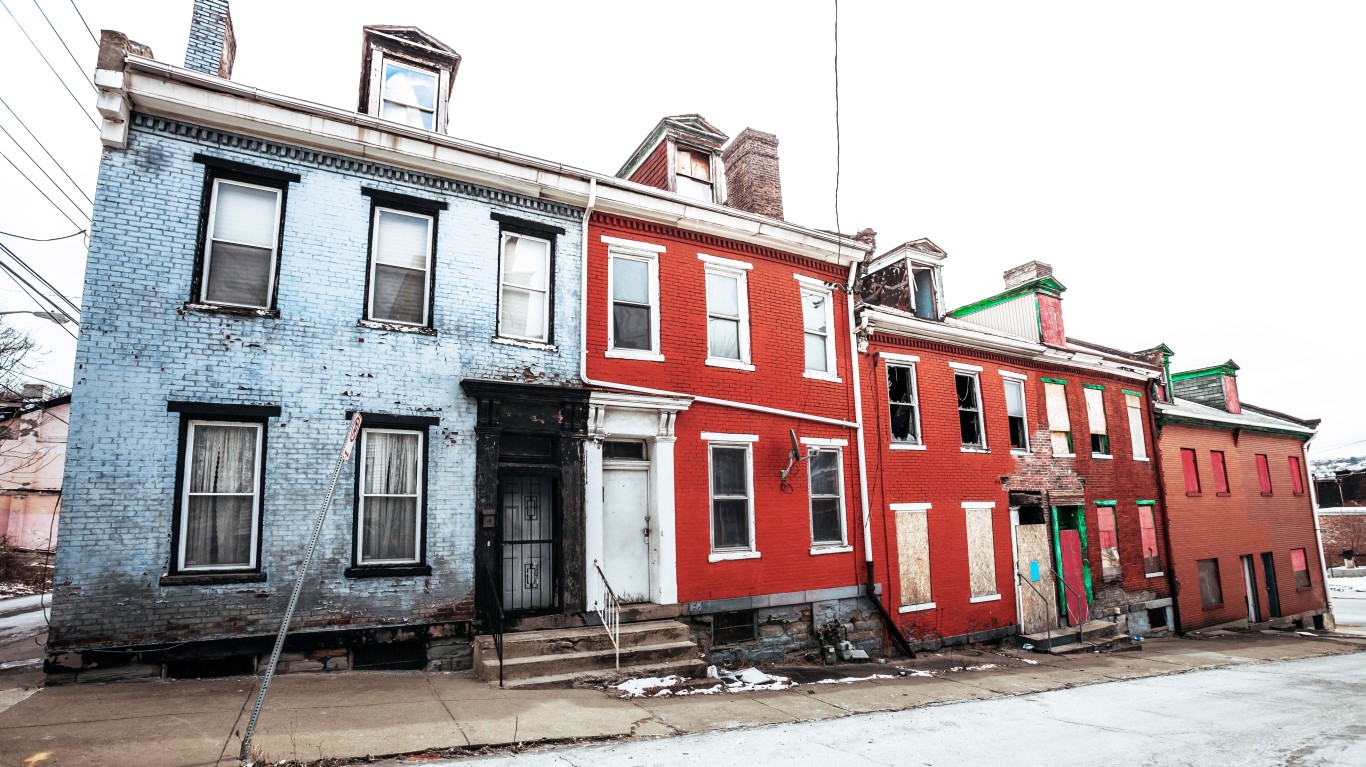 The AARP issued the results of new research into the risks of foreclosures among people older than 50. The data were disturbing enough, but especially alarming when persons over 75 years old were considered. Many of these people are out of money to pay home loans, and as they live on fixed incomes, have nowhere to turn. Some will just lose their homes, and there is little reason to assume that many have alternatives.
The AARP issued the results of new research into the risks of foreclosures among people older than 50. The data were disturbing enough, but especially alarming when persons over 75 years old were considered. Many of these people are out of money to pay home loans, and as they live on fixed incomes, have nowhere to turn. Some will just lose their homes, and there is little reason to assume that many have alternatives.
The “Nightmare on Main Street: Older Americans and the Mortgage Market Crisis” study, produced by AARP’s Public Policy Institute, found:
Perhaps most disturbing, homeowners age 75 and older showed the fastest rise in this kind of debt, which can crumple fixed-income retirement budgets. Likewise, they had a higher foreclosure rate (3.2 percent) than younger members of the 50-plus group, the study found.
While many people older than 50 continue to work and be self-supporting, very old Americans are less likely to have the same alternative. Some of those over 75 have pensions. Many live mostly through government support. The amount of that support has risen very little recently, and it is not likely to rise more quickly in the foreseeable future.
The AARP data are a reminder that much of the national mortgage trouble is local, whether local is defined by geography or demography. People 75 and older share a risk with people in high unemployment areas, or people who live in regions where home prices have collapsed by a third or more from 2006 peaks. The problems among these groups are very different from those among middle-class people who remain employed and have a number of years left to work and cover basic expenses.
The federal government still has done little to relieve mortgage problems where they are worst, and that means the drag on the entire market will remain. Initiatives like HAMP have helped a few hundred thousand people, which may seem like a lot. But not so many when the fact that about a fifth of all mortgages in the United States are underwater is taken into account.
Many of the 75-year-old plus group of people who have mortgages will default on those mortgages and face foreclosures. The government has not created a single effective plan to prevent that.
Douglas A. McIntyre
Essential Tips for Investing: Sponsored
A financial advisor can help you understand the advantages and disadvantages of investment properties. Finding a qualified financial advisor doesn’t have to be hard. SmartAsset’s free tool matches you with up to three financial advisors who serve your area, and you can interview your advisor matches at no cost to decide which one is right for you. If you’re ready to find an advisor who can help you achieve your financial goals, get started now.
Investing in real estate can diversify your portfolio. But expanding your horizons may add additional costs. If you’re an investor looking to minimize expenses, consider checking out online brokerages. They often offer low investment fees, helping you maximize your profit.
Thank you for reading! Have some feedback for us?
Contact the 24/7 Wall St. editorial team.



